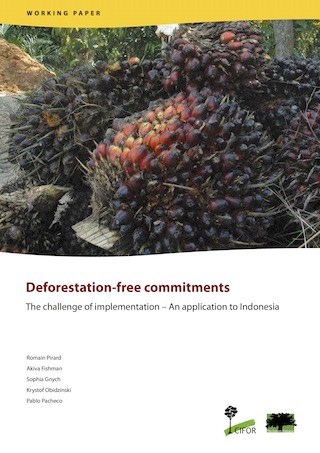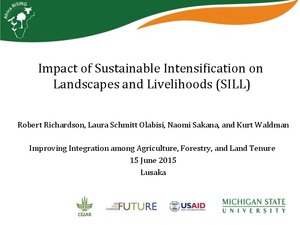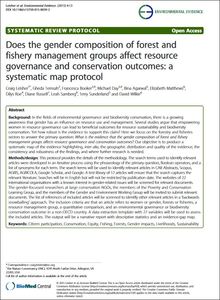Focal point
Location
The Center for International Forestry Research (CIFOR) is a non-profit, scientific facility that conducts research on the most pressing challenges of forest and landscapes management around the world. With our global, multidisciplinary approach, we aim to improve human well-being, protect the environment, and increase equity. To do so, we help policymakers, practitioners and communities make decisions based on solid science about how they use and manage their forests and landscapes.
Capacity building, collaboration and partnerships are essential to finding and implementing innovative solutions to the challenges that the globe faces. We are proud to work with local and international partners. We are a member of the CGIAR Consortium and lead the CGIAR Research Program on Forests, Trees and Agroforestry.
Our headquarters are in Bogor, Indonesia. We have offices in 8 countries across Asia, Latin America and Africa, and we work in more than 30 countries. Contact us for more information.
Resources
Displaying 116 - 120 of 808Deforestation-free commitments: The challenge of implementation – An application to Indonesia
The deforestation-free movement (or zero-deforestation) has emerged recently in a context of lower state control, globalization and pressure on corporations by nongovernmental organizations (NGOs) through consumer awareness campaigns, acknowledging the essential role of agricultural commodities in deforestation. It takes the form of commitments by corporations to ensure that the products they either produce, process, trade or retail are not linked to forest conversion.
Building enabling legal frameworks for sustainable land-use investments in Zambia, Tanzania and Mozambique
The International Development Law Organization (IDLO) and the Center for International Forestry Research (CIFOR) assessed the legal frameworks for major resource sectors in Zambia, Tanzania and Mozambique to analyze whether and to what extent they enable sustainable investments. Relevant international standards suggest that sustainable investments integrate socioeconomic and environmental concerns, bound together by the rule of law.
Enabling legal frameworks for sustainable land use investments in Zambia: Legal assessment report
The International Development Law Organization (IDLO) and the Center for International Forestry Research (CIFOR) assessed the legal frameworks that govern land-use activities and investments in Zambia. The economy of Zambia relies significantly on land and natural resource capital. The Government of Zambia has identified land-use investments as essential to the development of key economic sectors energy, forestry, mining and agriculture. Land-use investments are increasing in Zambia, led by both foreign and domestic private investors.
Does the gender composition of forest and fishery management groups affect resource governance and conservation outcomes: A systematic map protocol
In the fields of environmental governance and biodiversity conservation, there is a growing awareness that gender has an influence on resource use and management. Several studies argue that empowering women in resource governance can lead to beneficial outcomes for resource sustainability and biodiversity conservation. Yet how robust is the evidence to support this claim?






